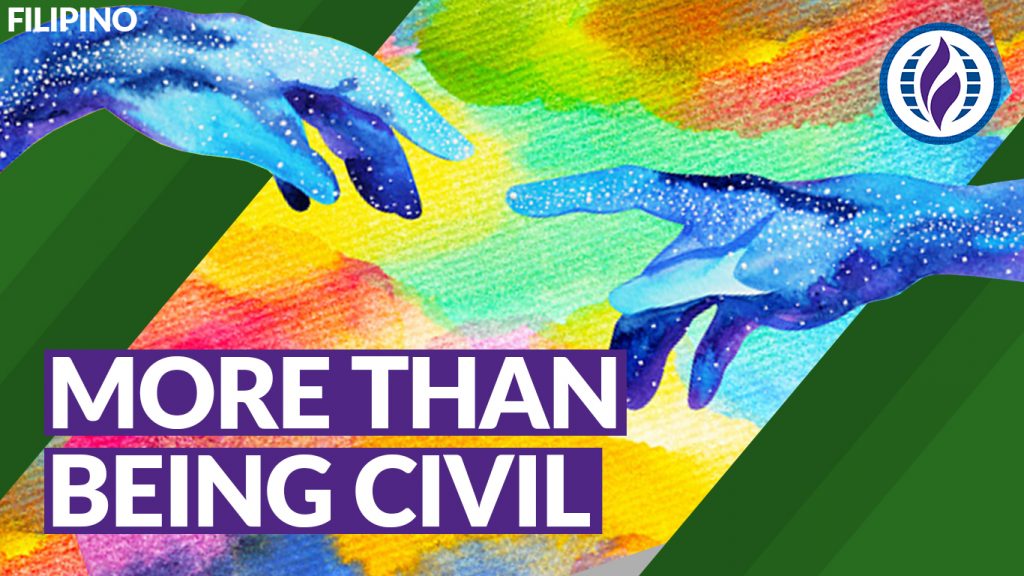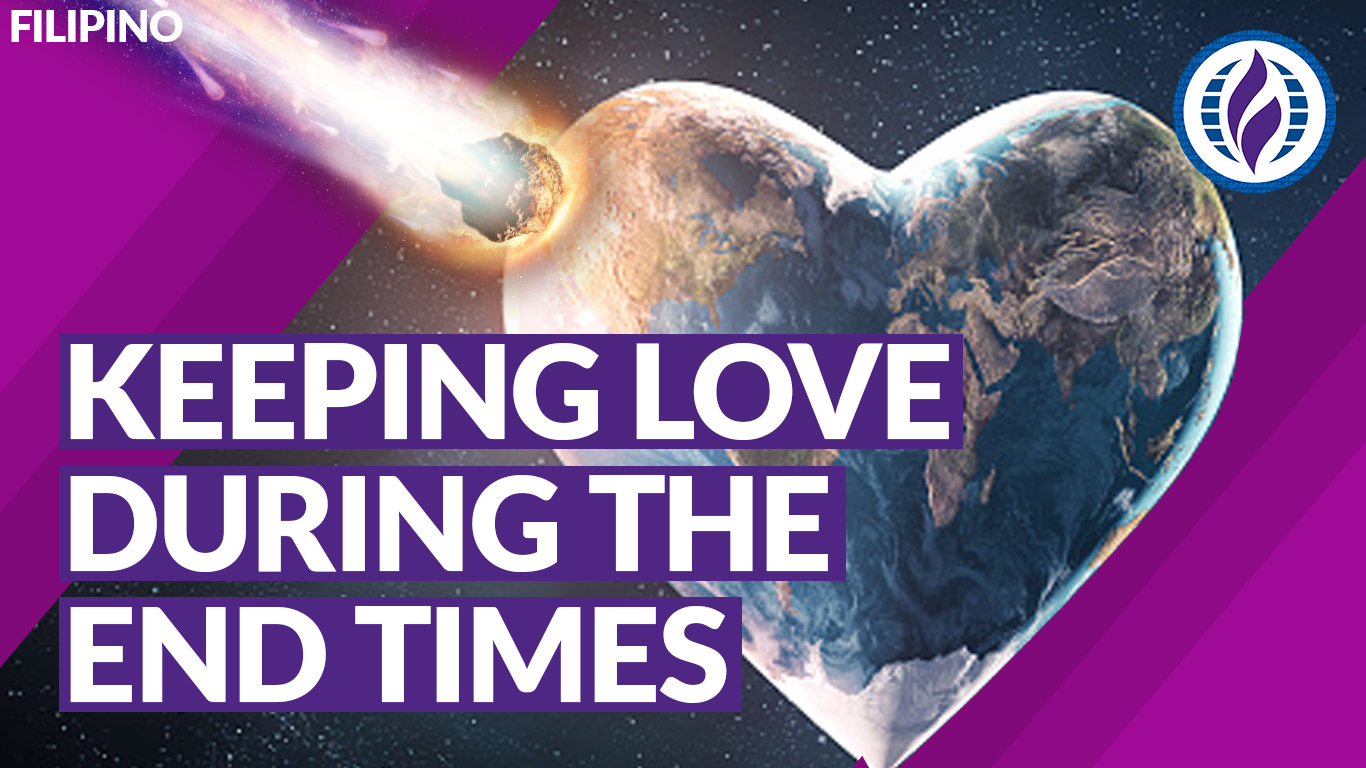Humiliation and dehumanizing ARE NOT accountability or social justice tools, they’re emotional off-loading at best, emotional indulgence at worst. And if our faith asks us to find the face of God in everyone we meet, that should include politicians, media, and strangers in Twitter with whom we most violently disagree. When we desecrate their divinity, we desecrate our own, and we betray our faith. Challenging ourselves to live by higher standards requires constant diligence and awareness.
I found the definition of civility from the institute for Civility in Government that very closely reflections how the research participants talked about civility. The organization’s founders, Cassandra Dahnke and Thomas Spath, write: Civility is claiming and caring for one’s identity, needs, and beliefs without degrading someone else’s in the process… Civility is about disagreeing without disrespect, seeking common ground as starting point for dialogue about differences, listening past one’s preconceptions, and teaching others to do the same.
Contemporary Reading
Braving The Wilderness: The Quest For True Belonging And The Courage To Stand Alone
by Dr. Brene Brown
“If your brother or sister sins against you, go and point out the fault when the two of you are alone. If you are listened to, you have regained that one. But if you are not listened to, take one or two others along with you, so that every word may be confirmed by the evidence of two or three witnesses. If that person refuses to listen to them, tell it to the church, and if the offender refuses to listen even to the church, let such a one be to you as a gentile and a tax collector.
Then Peter came and said to him, “Lord, if my brother or sister sins against me, how often should I forgive? As many as seven times?” Jesus said to him, “Not seven times, but, I tell you, seventy-seven times.
Scripture Reading
Matthew 18:15-18, 21-22 (NRSV)
Podcast: Play in new window | Download
Subscribe: Apple Podcasts | Spotify | RSS



